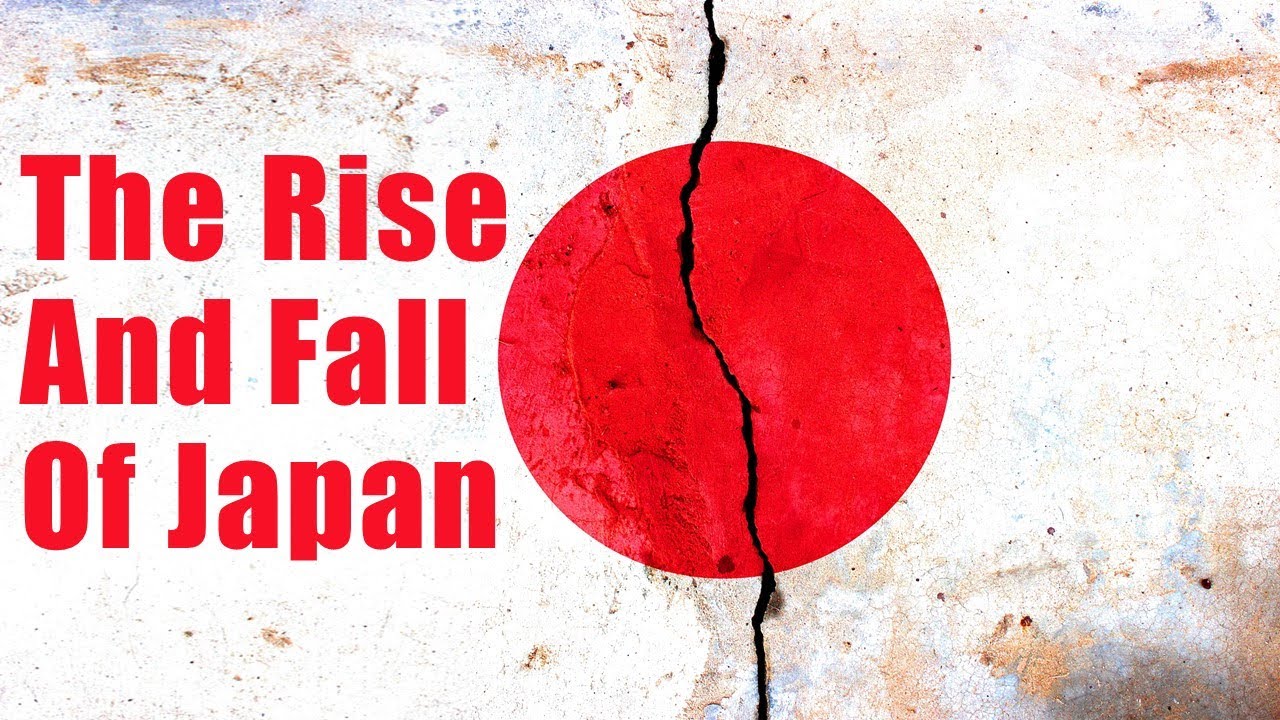Roubini Is More Concerned About China Than Europe
Summary
TLDRThe speaker discusses economic concerns, contrasting the stagnation in Europe and the UK with the more serious issue of China's slowing growth. They attribute China's potential growth decline from 10% to 2-3% to factors like aging population, state capitalism, reduced FDI and exports, low consumption, and lack of social safety nets. While China's slowdown may be deflationary globally, it poses inflationary risks domestically. The speaker believes China will maintain a cautious foreign policy approach for 12-24 months due to economic worries, with some stimulus but limited to prevent excessive debt buildup.
Takeaways
- 🌐 The speaker is more concerned about China's economic growth than Europe's, as Europe has been stagnating for the past few quarters.
- 🐉 China's potential growth rate has declined from 10% over the past three decades to an estimated 2-3% for the rest of the decade due to factors like aging population, state capitalism, reduced foreign direct investment, and lower export growth.
- 💰 China's slower growth is considered disinflationary for the global economy, as it leads to excess capacity dumping, currency appreciation, and lower commodity demand.
- 🦅 Despite an initially aggressive foreign policy stance, China has adopted a more cautious approach due to concerns about economic growth and the need to maintain good relations with Europe and the US.
- 🇨🇳 China is expected to provide some economic stimulus, but not as much as needed to achieve its 5% growth target, as policymakers are wary of increasing debt and leverage.
- 📉 The speaker believes China's potential growth rate is already below 4%, and actual growth for the year is likely to be closer to 4% rather than the targeted 5%.
- 🌍 China's shift to slower growth represents a significant change for the global economy, which had been accustomed to China's rapid growth over the past decades.
- 🏭 Structural factors like an aging population, lack of technological innovation, and high savings rates due to the absence of a social safety net are contributing to China's growth slowdown.
- 💸 Lower growth in China could lead to deflationary pressures globally, as it reduces demand for commodities and leads to excess capacity being dumped on global markets.
- 🇺🇸 The US-China relationship is expected to remain competitive but not escalate significantly in the next 12-24 months, as China focuses on addressing its economic concerns.
Q & A
What is the main concern regarding the economic growth of China compared to Europe and the UK?
-The speaker is more concerned about China than Europe and the UK. While Europe and the UK have experienced stagnation for the last few quarters, the speaker believes that China's potential growth for the rest of the decade is expected to be between 2-3%, which is a significant shift from its previous decades of 10% and 5% growth.
What are the reasons cited for the slower growth in China?
-The reasons cited include aging population, state capitalism, less foreign direct investment due to geopolitical issues, less export growth due to protectionism, low consumer and business sentiment due to policies of Xi Jinping, and low consumption as a share of GDP with high savings due to lack of a social safety net.
How does the slower growth in China impact global inflation?
-The slower growth in China is seen as disinflationary for the global economy. China is dumping excess capacity on global markets, and the weakening Chinese currency is causing appreciation of other currencies, which is also deflationary. Additionally, lower demand for commodities from China can contribute to lower global inflation.
Does the economic slowdown in China increase the risk of a more assertive foreign policy from the CCP?
-The speaker is not sure, but suggests that the CCP realizes that an aggressive 'wolf warrior' policy is not making friends globally. For the next 12-24 months, the relationship with the US is not expected to escalate negatively as China is worried about the economy.
What is the speaker's view on potential stimulus measures from the Chinese government?
-The speaker believes that there will be some stimulus from the Chinese government, as without it, their growth target of 5% for the year will not be achieved. However, the stimulus will be limited to avoid increasing debt and leverage, as the slowdown is seen as structural rather than cyclical.
What is the potential growth rate of China currently, according to the speaker?
-The speaker estimates that the potential growth rate for China right now is less than 4%, and the actual growth this year is likely to be closer to 4% rather than the 5% target.
How does the speaker view the response of China to the recent Taiwanese election?
-The speaker mentions that China's reaction to the Taiwanese election has been relatively moderate, suggesting that they could have been much more aggressive but chose a more cautious approach due to concerns about the economy.
What are the structural reasons mentioned for the high savings rate and low consumption in China?
-The lack of a social safety net in China means that people have to save for old age, retirement, sickness, and unemployment, as migrant workers do not have access to public services.
How does the speaker characterize the strategic competition between the US and China?
-The speaker suggests that the strategic competition between the US and China will continue, but it is unlikely to escalate into a 'cold war' in the short term, as China is focused on its economic concerns.
What is the speaker's overall assessment of the implications of China's slower growth?
-The slower growth in China is seen as a significant shift for the global economy, as it represents a disinflationary shock and could impact global commodity demand and inflation trends.
Outlines

此内容仅限付费用户访问。 请升级后访问。
立即升级Mindmap

此内容仅限付费用户访问。 请升级后访问。
立即升级Keywords

此内容仅限付费用户访问。 请升级后访问。
立即升级Highlights

此内容仅限付费用户访问。 请升级后访问。
立即升级Transcripts

此内容仅限付费用户访问。 请升级后访问。
立即升级5.0 / 5 (0 votes)






